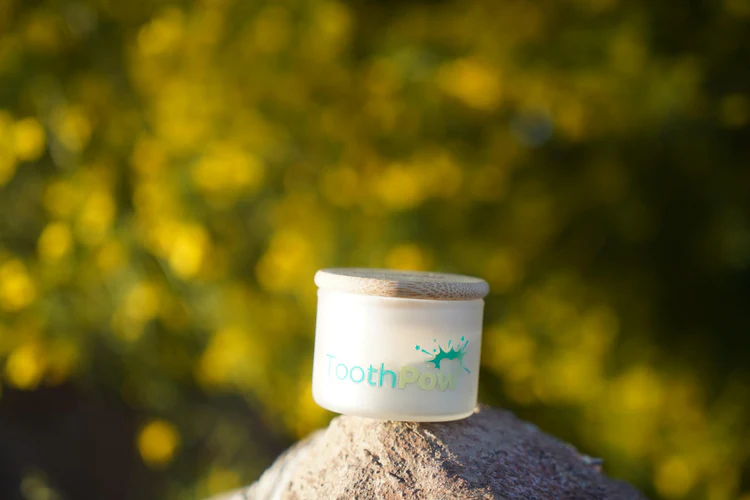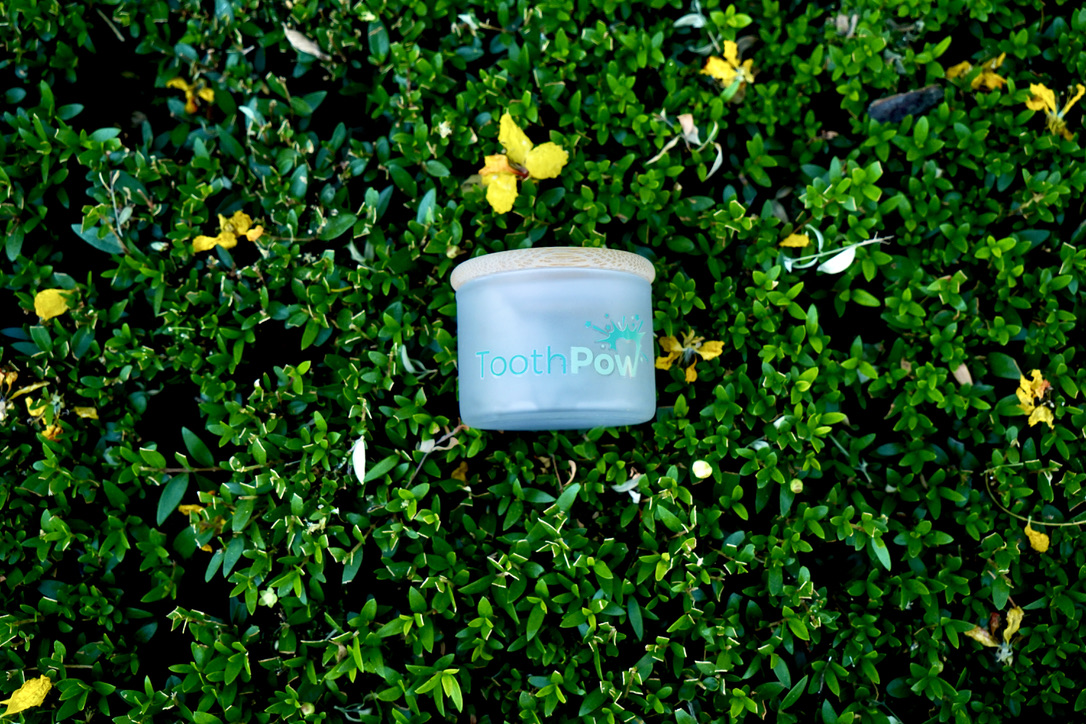Maintaining proper oral hygiene is essential for overall health, and one of the fundamental habits for achieving this is brushing your teeth. However, a common debate persists: should you brush your teeth first thing in the morning, or should you wait until after breakfast? This article will explore the benefits and drawbacks of both approaches, helping you make an informed decision that best suits your lifestyle and oral health needs.
Why Brushing First Thing in the Morning is Recommended
Removes Overnight Bacteria
While we sleep, our mouths become breeding grounds for bacteria. This is due to decreased saliva production, which normally helps wash away food particles and bacteria. When you brush your teeth first thing in the morning, you remove the buildup of bacteria and plaque that has accumulated overnight. This practice can help prevent bad breath and reduce the risk of gum disease and cavities.
Prepares Your Mouth for Breakfast
Brushing your teeth before breakfast can help protect your enamel from the acids in your food. When you use toothpaste, especially those containing hydroxyapatite or fluoride alternatives, you create a protective barrier on your teeth. This barrier can neutralize acids from your breakfast, which might otherwise weaken your enamel and make your teeth more susceptible to decay.
Freshens Breath
There’s nothing quite like the feeling of a fresh, clean mouth to start your day. Brushing first thing in the morning helps to freshen your breath, giving you a psychological boost and making your mouth feel clean and ready for the day ahead. This can be particularly beneficial if you have social or professional interactions early in the day.
Why Some Prefer Brushing After Breakfast
Removes Food Particles and Bacteria
Brushing after breakfast allows you to directly remove food particles and bacteria from your mouth. This can prevent food from sticking to your teeth throughout the day, reducing the risk of plaque buildup and tooth decay. By brushing after you eat, you ensure that your mouth is thoroughly clean, free from any residue that could cause problems later on.
Ensures Clean Mouth Post-Meal
Many people prefer the feeling of a clean mouth after they’ve eaten. Brushing after breakfast can leave your mouth feeling fresh and clean, which can be a great way to start the day. This routine can help prevent the lingering taste of food and reduce the chance of bad breath caused by breakfast foods.

Potential Drawbacks of Each Approach
Brushing First Thing in the Morning
While brushing first thing in the morning has its benefits, there are some potential drawbacks. For instance, you might ingest some food particles with your breakfast, which can mix with the plaque and bacteria already present in your mouth. Additionally, morning breath can persist through breakfast, potentially affecting your sense of taste and enjoyment of the meal.
Brushing After Breakfast
On the other hand, brushing after breakfast also has its downsides. If you consume acidic foods or beverages like orange juice or coffee, brushing immediately after can cause enamel erosion. The acids can soften your enamel, and brushing too soon can wear it away. To avoid this, it's recommended to wait at least 30 minutes after eating before brushing.
Scientific Studies and Recommendations
Research provides valuable insights into the effects of brushing timing on oral health. A study published in the Journal of Clinical Periodontology found that brushing before breakfast can effectively reduce plaque and bacteria, creating a healthier oral environment [Study Link]. Another study in the International Journal of Dental Hygiene indicated that brushing after breakfast, but waiting 30 minutes, can protect enamel and prevent erosion [Study Link].
Expert Opinions
Dentists have varied opinions on the best time to brush. Some recommend brushing first thing in the morning to eliminate overnight bacteria, while others suggest brushing after breakfast to remove food particles. The American Dental Association (ADA) emphasizes that the timing of brushing is less important than ensuring you brush thoroughly and regularly. According to the ADA, brushing twice a day for two minutes each time with toothpaste is key to maintaining good oral health.
Personal Preferences and Habits
Ultimately, the choice between brushing first thing in the morning or after breakfast comes down to personal preference and daily routine. Consider your schedule and what feels most comfortable for you. Some people might find it easier to brush before breakfast due to time constraints, while others prefer the fresh feeling that comes from brushing after they’ve eaten.
Conclusion
Both brushing first thing in the morning and after breakfast have their own set of benefits and drawbacks. Brushing first thing in the morning helps remove overnight bacteria and freshen breath, while brushing after breakfast ensures that food particles and bacteria are removed from your mouth. The key is to maintain consistency in your oral hygiene routine, brushing twice a day for at least two minutes each time.
Call to Action
We encourage you to try both methods and see which one works best for you. Share your brushing routine and experiences in the comments below. Remember, regular dental check-ups are essential for personalized advice and maintaining optimal oral health. No matter when you choose to brush, the important thing is that you do it thoroughly and consistently to keep your smile healthy and bright.


